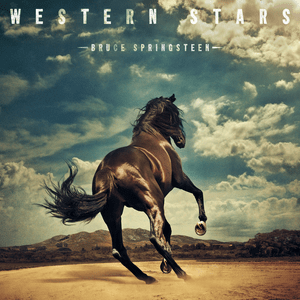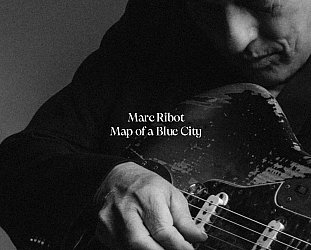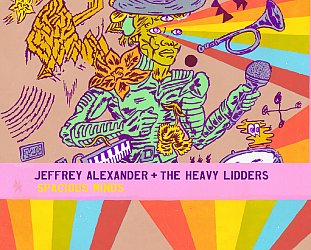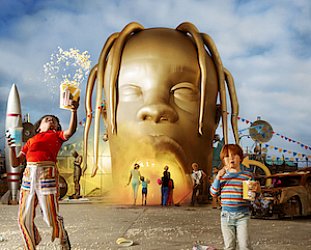Graham Reid | | 2 min read
The Wayfarer

In his Broadway spoken (and SHOUTED!!!) word show peppered by songs, the man they call The Boss joked that he'd written about those who do the daily working grind, but that he'd never done it himself.
Yet from Born to Run – and more specifically Darkness on the Edge of Town – he started to channel the hopes, fears, dead-ends and lives of those out there struggling to survive against the odds.
Over the decades he refined what seemed personal understanding into the metaphorical and universal.
And increasingly he spoke to and for those who had served and suffered in the war in Vietnam, a war he avoided when he dodged the draft.
These have been constant themes in Springsteen's now vast catalogue but his gift – and longevity – has been down to how he has reinvented himself in what might seem limited themes and the genres of folk, rock, rock'n'soul and reflection.
There is some distance between Nebraska and Wrecking Ball, Born in the USA and Human Touch, The Seeger Sessions and this new one, his 19thstudio album.
At 69, he has turned musically towards orchestrations (which evoke the late Seventies/early Eighties; think Glen Campbell and Gus Dudgeon's arrangements in places) to wrap around his narratives of those on the road and offer an expansiveness the title alludes at: remove Springsteen from The Wayfarer (which features pianist David Sancious from his earliest E Street days) and you have the soundtrack to a classic cowboy film; Stones possesses a similar widescreen majesty; There Goes My Miracle is as fine a mainstream ballad as he has written and his voice possessing a rarely touched strength . . .
Somewhere North of Nashville – about a singer-songwriter reflecting on his failures – is one of the most pared back and sits neatly at the midpoint.
The titles tell much of the story: Tucson Train, Sleepy Joe's Cafe, Chasin' Wild Horses, Sundown, There Goes My Miracle . . .
The closers are the subtle piano ballad Hello Sunshine which rises on wings of organ, pedal steel and strings, and the delicate, acoustic Moonlight Motel which is a romantic reflection on snatched moments with almost photographic attention to detail.
Moonlight Motel is the denouement on this album where Springsteen has taken the raw clay of his songbooks and reshaped it into something befitting a man of his age, imbued with weariness and the dreams of his characters. And brought to bear musical settings which have the resonances of a distant past in the contemporary pop-rock landscape.
Where once he sang of the young and the restless now the central figures have paid the price for the lives they created, they seem rootless and lost, lonely and looking for something still ill-defined. The characters are on the move, driving, hitching or waiting at the station, considering their failed dreams or emotional emptiness after the loss of a partner or opportunity. There's a sense of what might have been here, and brought into focus by the sometimes cinematic arrangements.
For some, the characters and stories here may suggest just another masculine Springsteen album . . . but the way he and producer Ron Aniello have dressed the stage confirms this is not just another Springsteen album.
There is more about Bruce Springsteen at Elsewhere starting here, including this oddly orchestrated early version of Born to Run.





post a comment